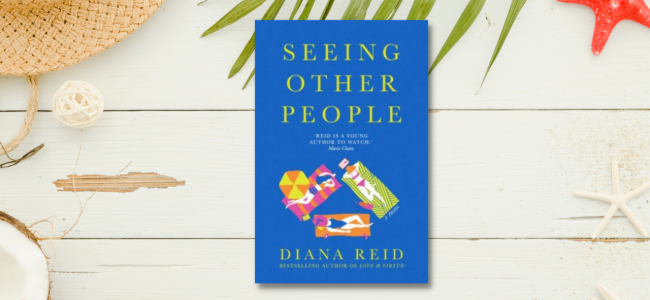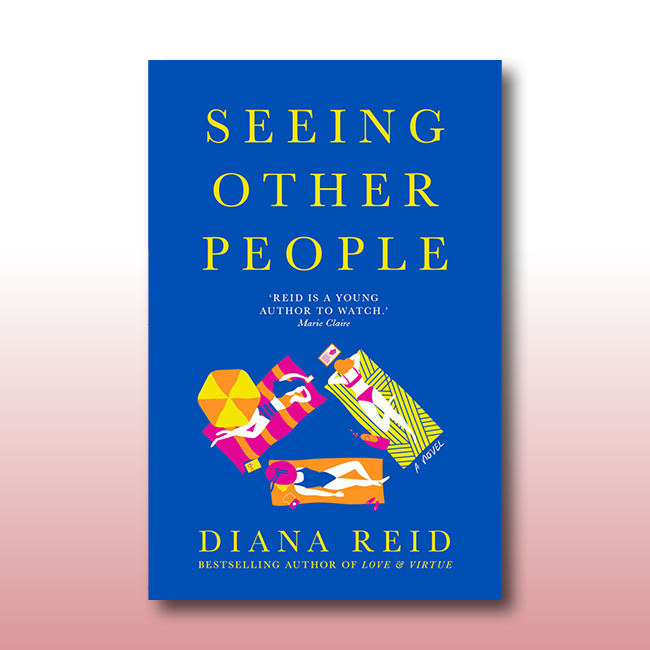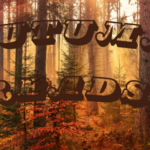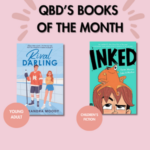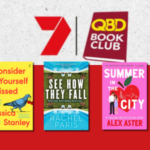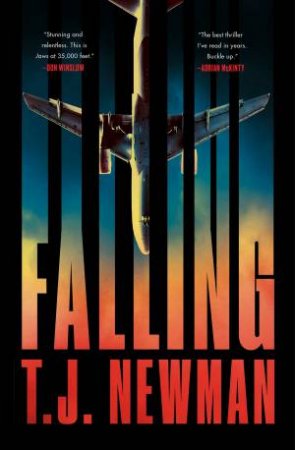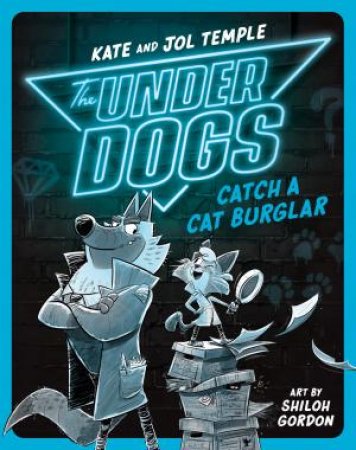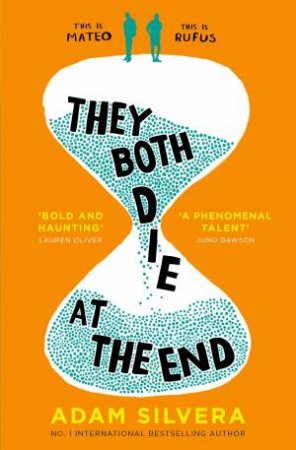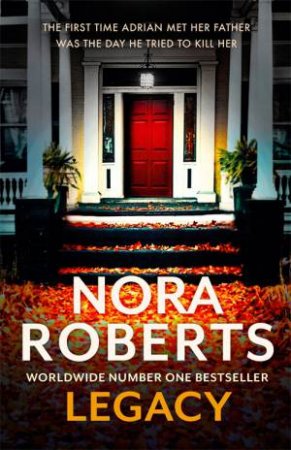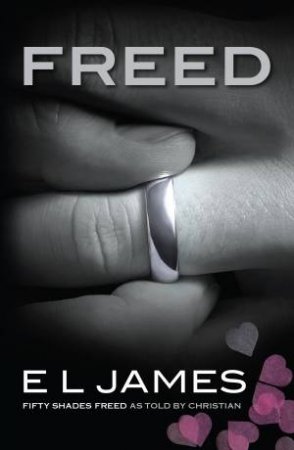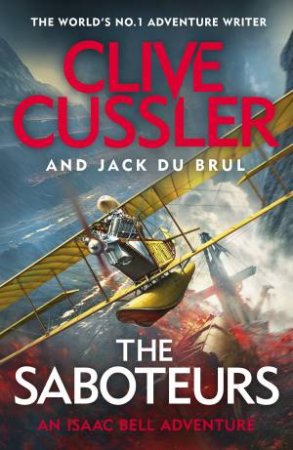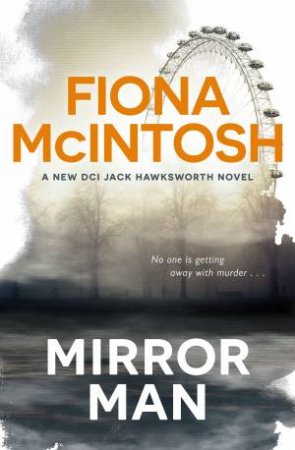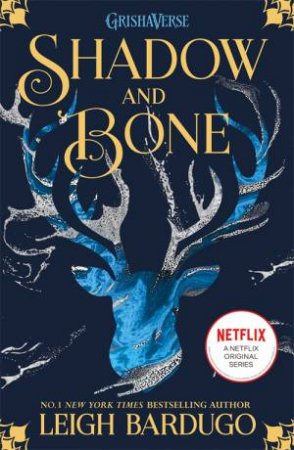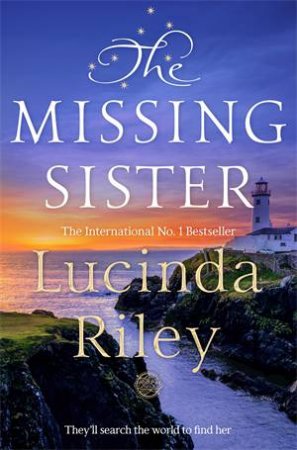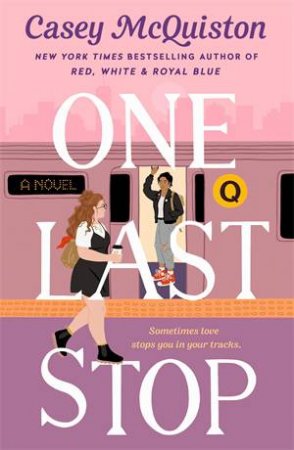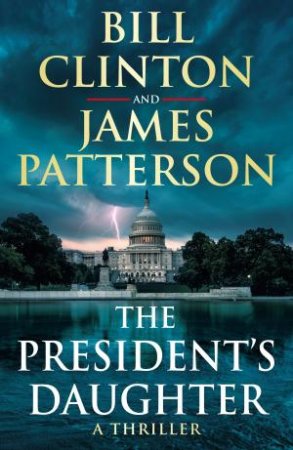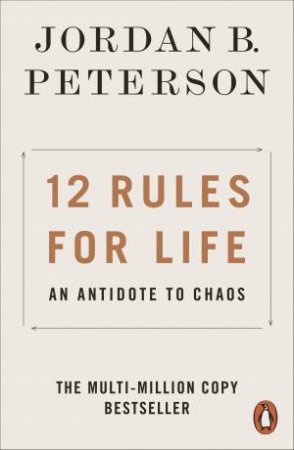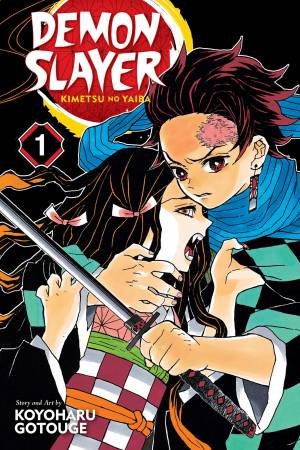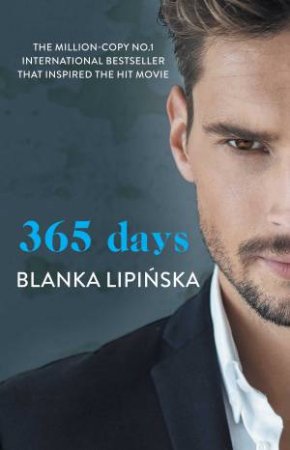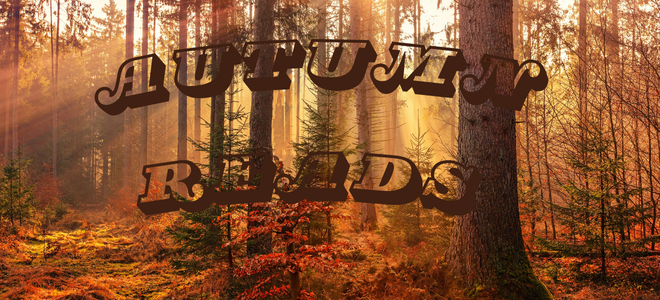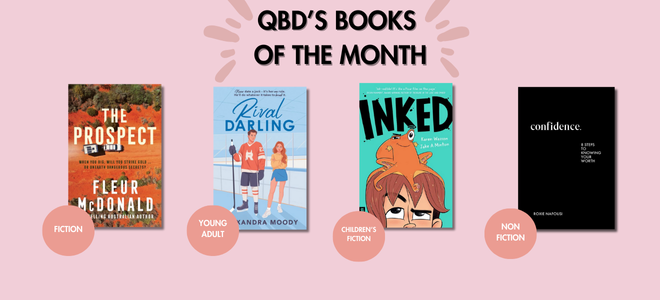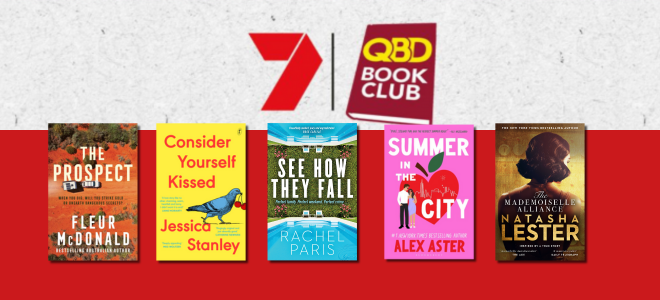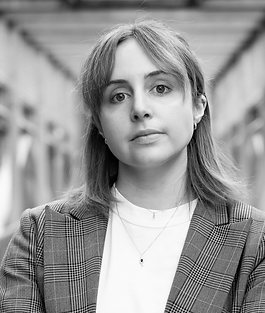
Diana Reid is a Sydney-based writer. Her debut novel, Love & Virtue, was an Australian bestseller and winner of the ABIA Book of the Year Award, the ABIA Literary Fiction Book of the Year Award, the ABA Booksellers’ Choice Fiction Book of the Year Award, and the MUD Literary Prize. Seeing Other People is her second novel (Ultimo Press, n.d.).
ABOUT “SEEING OTHER PEOPLE”
After two years of lockdowns, there’s change in the air. Eleanor has just broken up with her boyfriend, Charlie’s career as an actress is starting up again. They’re finally ready to pursue their dreams—relationships, career, family—if only they can work out what it is they really want. “Seeing Other People” is the darkly funny story of two very different sisters, and the summer that stretches their relationship almost to breaking point.
Exclusively for our QBD Blog readers, we have a special Q&A with Diana to share! Let’s dive in:
Tell us a little bit about yourself…
I’m Diana Reid, a Sydney-based writer and the author of the novels Love & Virtue and Seeing Other People.
Describe your book in one sentence – it’s tricky, we know!
Seeing Other People tells the story of two very different sisters and the summer that stretches their relationship almost to breaking point.
What sparked this writing journey?
Covid, actually! I had always had a vague idea that I’d like to try writing a novel but it wasn’t until the first lockdown in 2020 that I sat down and gave it a go. That novel became Love & Virtue, which I sold to my publisher, Ultimo Press, in November 2020. Then I wrote Seeing Other People the following year in another lockdown. So whether I can write while there isn’t a plague on remains to be seen…
Who did you write this book for or who do you wish would read it?
It’s about people in their twenties living in Sydney so I’d love to reach young Australian readers, or any Australian who is nostalgic for their sharehouse days.
What does your writing process look like? Do you listen to music? Start with characters or are you plot driven? Do you write in a specific place or during a certain time of day?
I’m in the very fortunate position of being able to write full-time, so I try to keep normal business hours. I tend to rotate between a café, the local library, and writing at home. The only consistent feature is that I can’t be connected to the internet. I turn my phone off (sometimes I even leave it in a different room) and I have an app on my laptop that blocks the internet. In terms of the actual content of the novel, I always start with two or three characters who are locked in a moral dilemma, and then I just write as many scenes as I can imagine between those characters until I work out who they are and how they behave.
Can you tell us a little bit about how you became a writer?
Before I wrote Love & Virtue, I’d written for theatre at university. It was actually a great way to start because it was all collaborative, which forced me to get over the fear of showing my work to other people. It also taught me how invaluable thoughtful, harsh criticism can be.
How do you select the names of your characters?
With great difficulty! It’s one of the things I struggle with the most, actually, and the characters names often change several times throughout the drafting process. Basically, I work backwards from the names of people I know personally, and I try to use a name that is totally unrelated to me so nobody gets offended. That actually narrows it down considerably (think of all the names of everyone you’ve ever met!).
What kind of research do you do and how long do you spend researching before you begin to write?
Both my books so far have been set in contemporary Sydney so I don’t have to actively research the context. However, they’ve also both explored a specific moral issue (consent in Love & Virtue and selfishness in Seeing Other People) and I try to read essays, think-pieces, and philosophy papers—anything I can lay my hands on—to formulate my own opinions on the topic before I get stuck into drafting. I keep doing that the whole time I’m drafting, and sometimes that research can inform the plot quite late into the process.
What is the most important thing you’d like readers to take away from reading your book?
I’d like readers to close the book with more questions than they had at the start. My aim is always to take an idea that readers might have thought of in black-and-white terms, or not given much thought to at all, and to make it seem more complicated and interesting than it did before.
What do you look for in a good book?
Much the same! I love books that make the world seem more complicated than I’d previously thought. I also think humour is underrated in literary fiction. I think, unfairly, there’s an association between humour and frivolity. Some of the most serious, interesting, and profound books I’ve ever read have also been those that made me laugh.
Reading is such a beneficial experience, it increases empathy, lowers stress, offers the reader different world views. How does reading enrich your life?
It’s almost impossible to quantify. In a lot of ways, reading is my life: it’s my job, my passion, and the books I’ve read and characters I’ve met have informed how I see and make sense of the world.
If you’ve written a novel, who do you think would play the main characters in a TV/film adaptation and why?
Angourie Rice is an Australian actress with amazing comic timing, who I could see as the older sister, Eleanor, in Seeing Other People.
Name one book from childhood that had an impact on you and why. Or what is the last book you read and loved?
I last read The Line of Beauty by Allan Hollinghurst and was just astonished by how good it is. It’s a great example of a very serious book that’s also very funny.
Of all famous authors – living or dead – who would you invite to dinner? Why?
I couldn’t pass up the opportunity to have dinner with Jane Austen. I’d like to sit next to her at a big dinner party (not one-on-one) because I think she’d just be the best gossip, and have the most hilarious things to say about everybody else around the table.
What’s one piece of advice would you give to aspiring writers
Don’t wait for permission! If you want to write, then write. You can worry about whether it’s any good later. The first step is just putting the words on the page.
Finally, what’s next for you?
I’m working on a third book for my publisher, Ultimo Press.
To order “Seeing Other People” by Diana Reid, you can visit us in-store or on our web page here:

